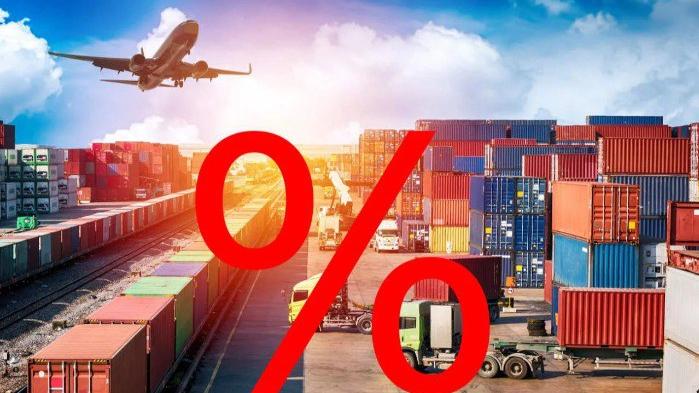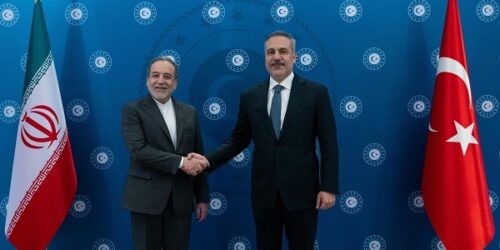
Mirror Spectator: Trump’s tariffs introduce a new item agenda in Armenian-American relations
U.S. President Donald Trump’s tariffs compelled many nations to re-evaluate their trade policies with the U.S., Mirror Spectator writes.
As far as Armenia is concerned, starting April 5, the U.S. imposed 10% tariffs on all imports, which includes Armenian goods. This action, stemming from Trump’s reciprocal tariff policy targeting countries that restrict US market access, will likely increase prices and reduce demand for Armenian exports like aluminum, stones, precious metals, agricultural products, and alcohol, potentially harming those sectors’ competitiveness.
In 2024, the total value of goods traded between Armenia and the United States was estimated at $282.4 million. US exports to Armenia amounted to $160.8 million, marking a 14.8% decrease (or $27.9 million) compared to 2023. US imports from Armenia totaled $121.6 million, down 8.4% (or $11.1 million) from the previous year. The US trade surplus with Armenia stood at $39.2 million, which is a 29.9% drop (or $16.7 million) compared to 2023.
The changes in U.S.-Armenia trade figures between 2023 and 2024 were unrelated to the current tariff situation and instead reflected typical fluctuations in trade between the two countries, but these figures do give an indication of the scale of bilateral trade. The U.S. in 2024 was not even among the top five trading partners of Armenia but was in seventh place.
Trump’s tariffs introduce a new item agenda in Armenian-American relations, replacing the previous one largely focused on U.S. aid, which is now less relevant. For years, all kinds of assistance programs dominated the Armenian-American agenda. This included the support that Washington provided to the police, the justice sector, the judicial system, some economic programs, etc.
Now that President Trump has significantly reduced the provision of foreign assistance, the Armenian-American bilateral agenda has become even more insubstantial. If American assistance programs are no longer on the agenda, USAID is no longer operational, then the areas of cooperation will also significantly decrease. So the imposition of tariffs by Trump might actually provide a window of opportunity for a new track of cooperation between Armenia and the U.S.
Instead of disappointment, this situation offers a chance to revitalize Armenia-US negotiations. There are a few key points to consider. Though Armenia is a member of the Eurasian Economic Union (EAEU), the tariffs imposed by the Trump administration are not targeted at the Union itself, but rather at individual member countries of the Union. This fact gives the member states the right to carry separate negotiations with other states on this topic.
U.S. official sources state that it is Armenia’s accession to the EAEU that resulted in an increase of customs tariffs.
While U.S. exports to Armenia are limited, Armenian exports to the U.S. are crucial. It is extremely important for Armenia to have a presence in that market, even as a minor player, because there are sectors of strategic importance for Armenia, regardless of the current export volumes, such as the aluminum industry and the export of precious metals.



